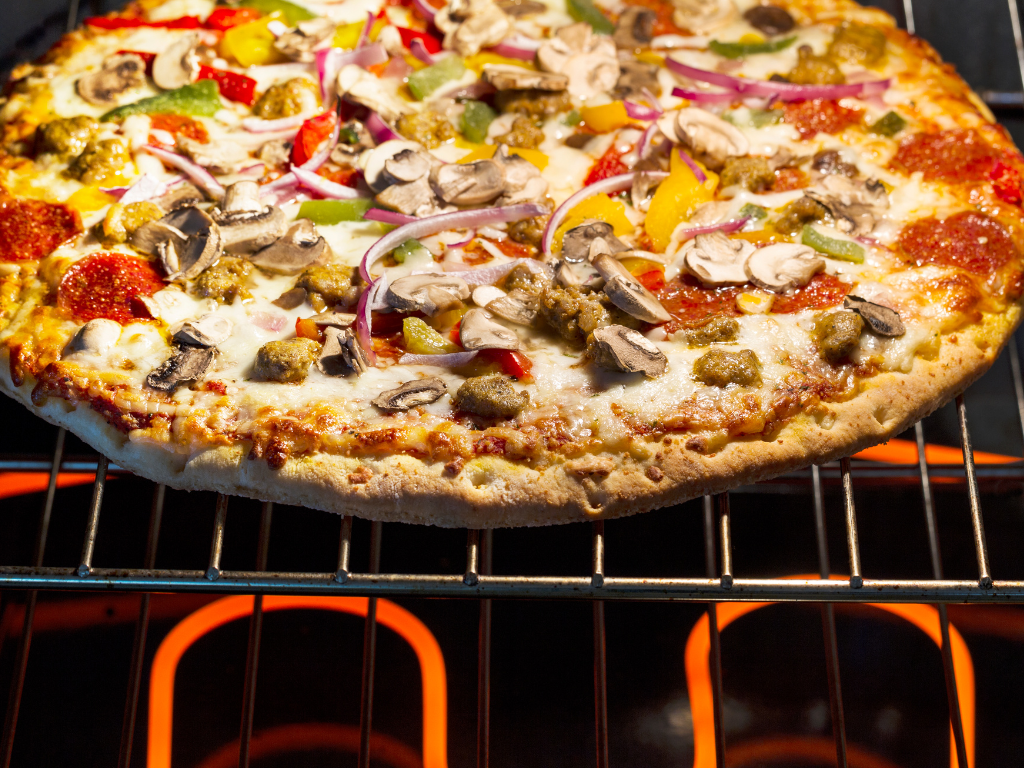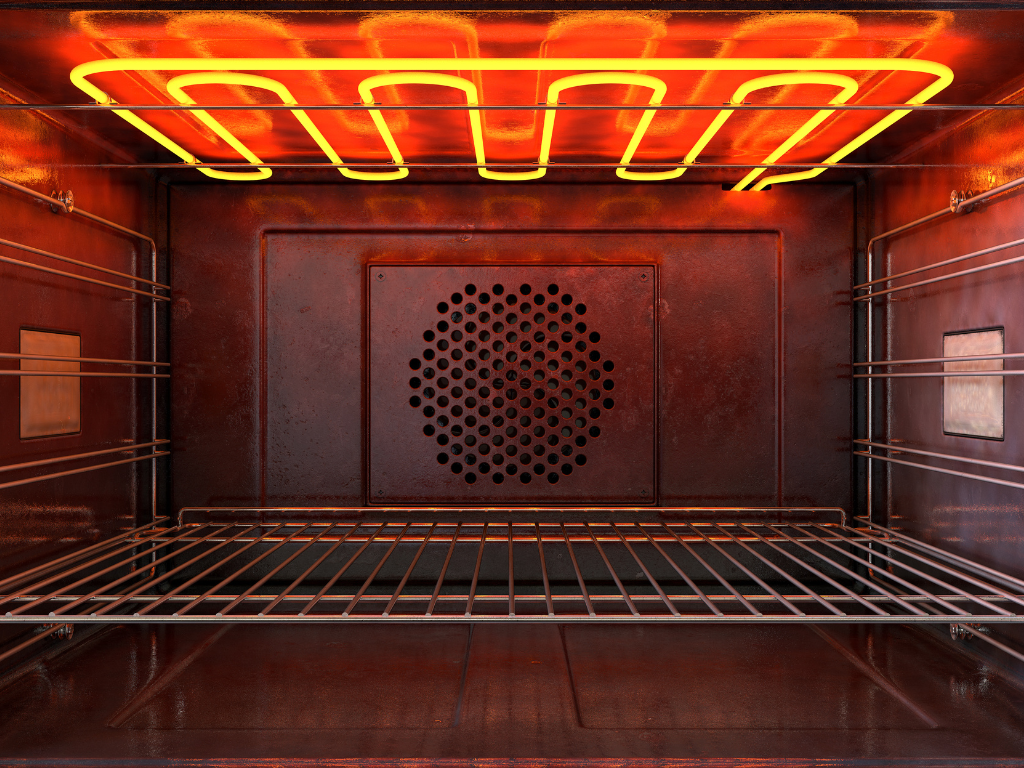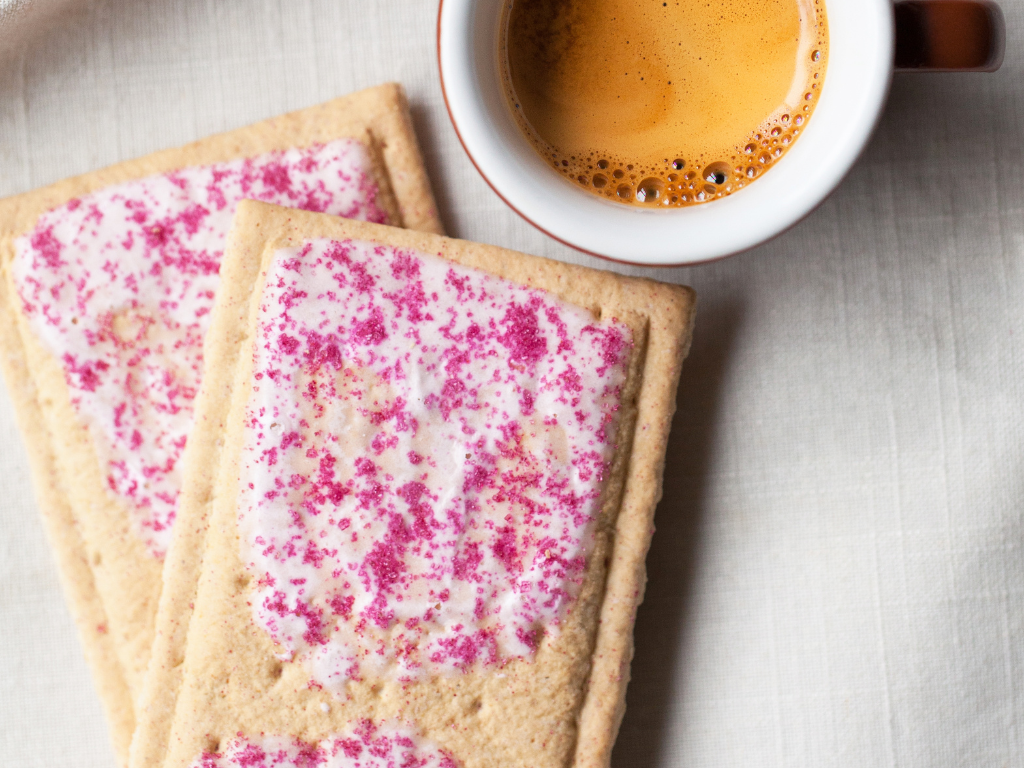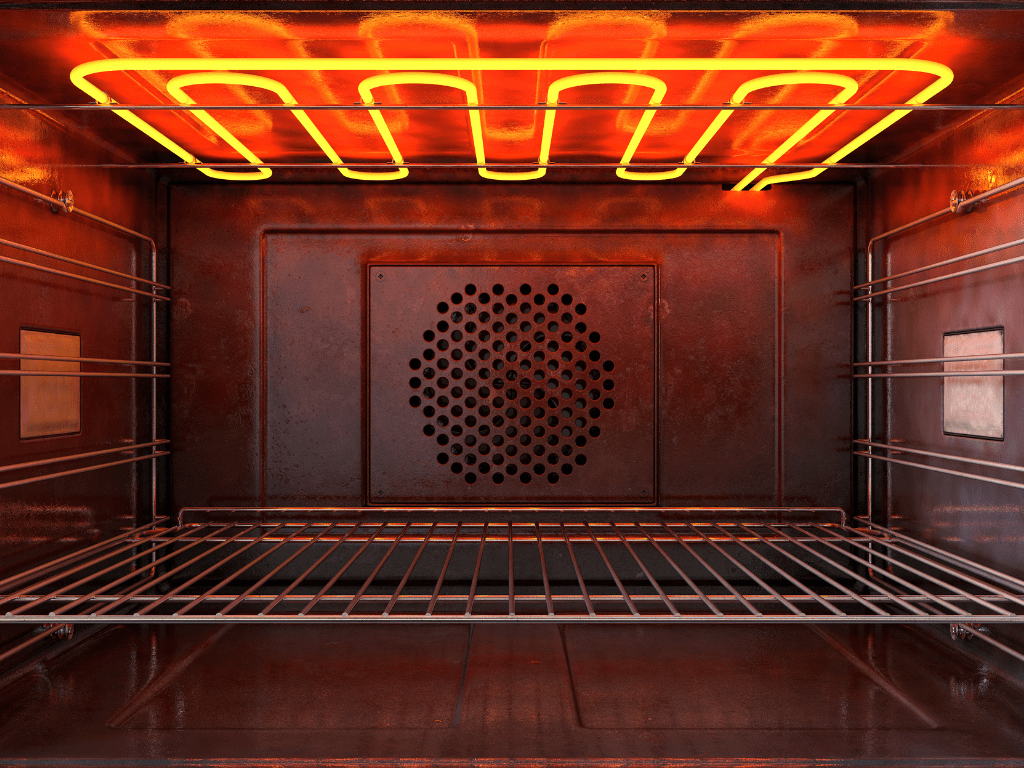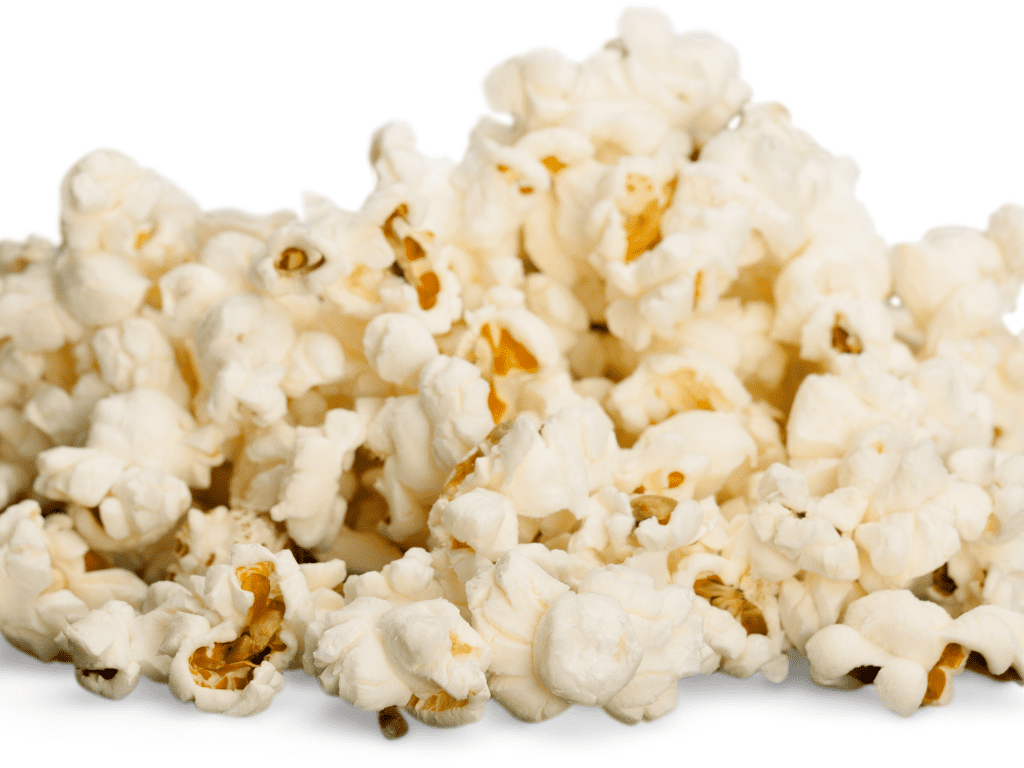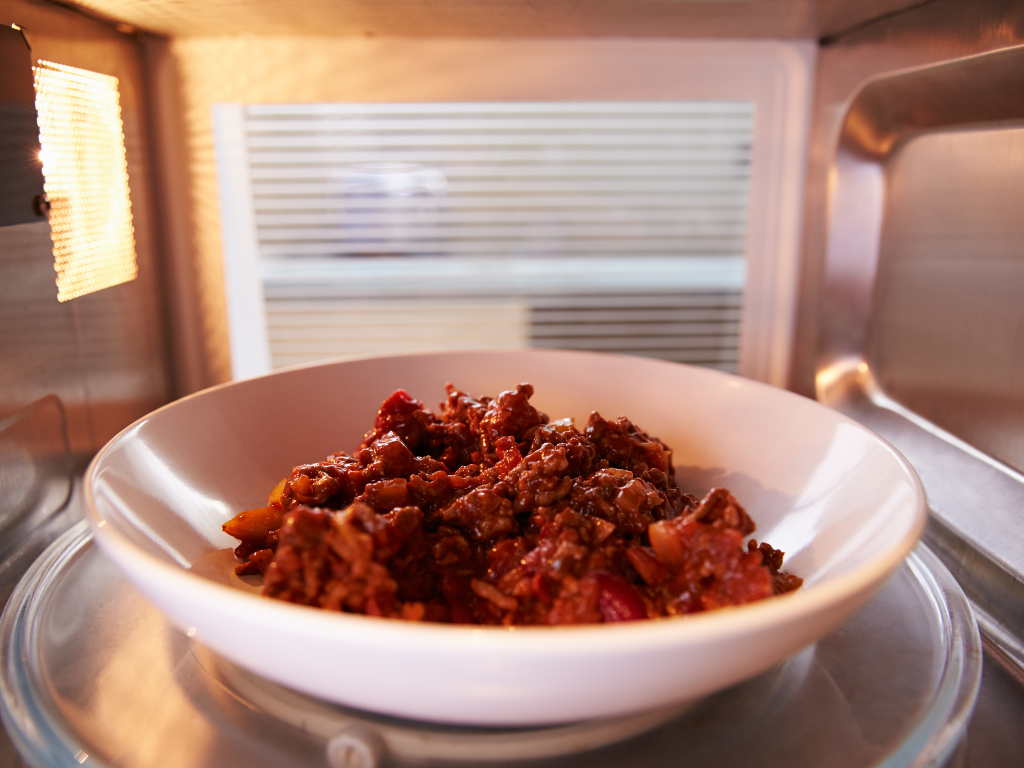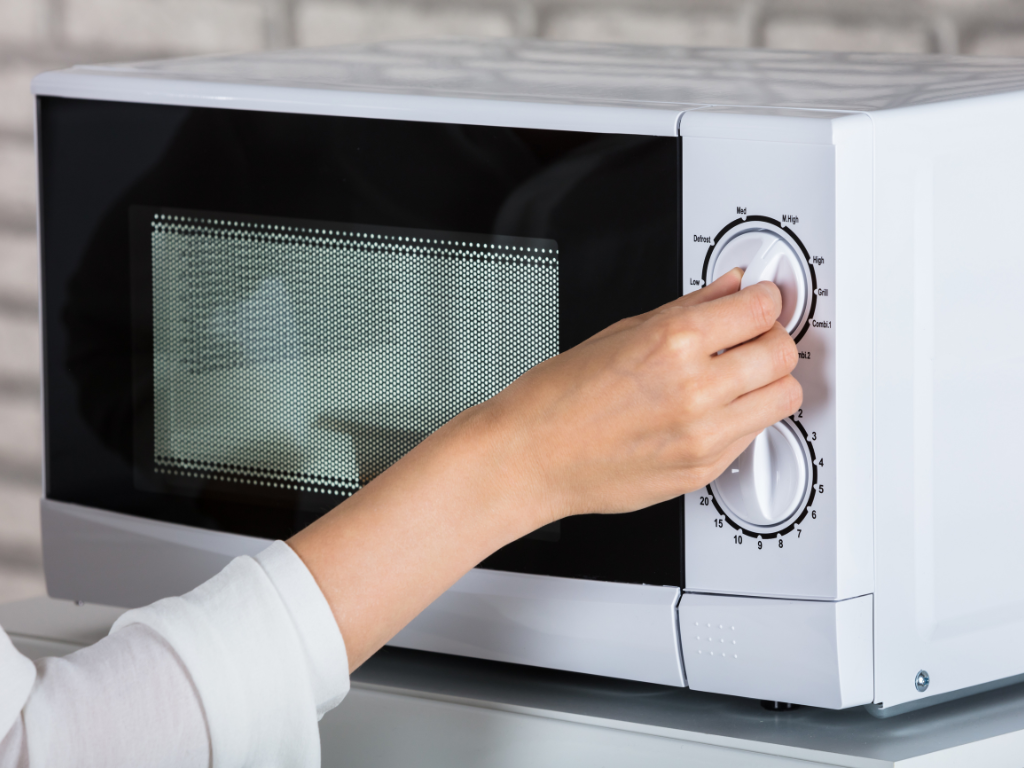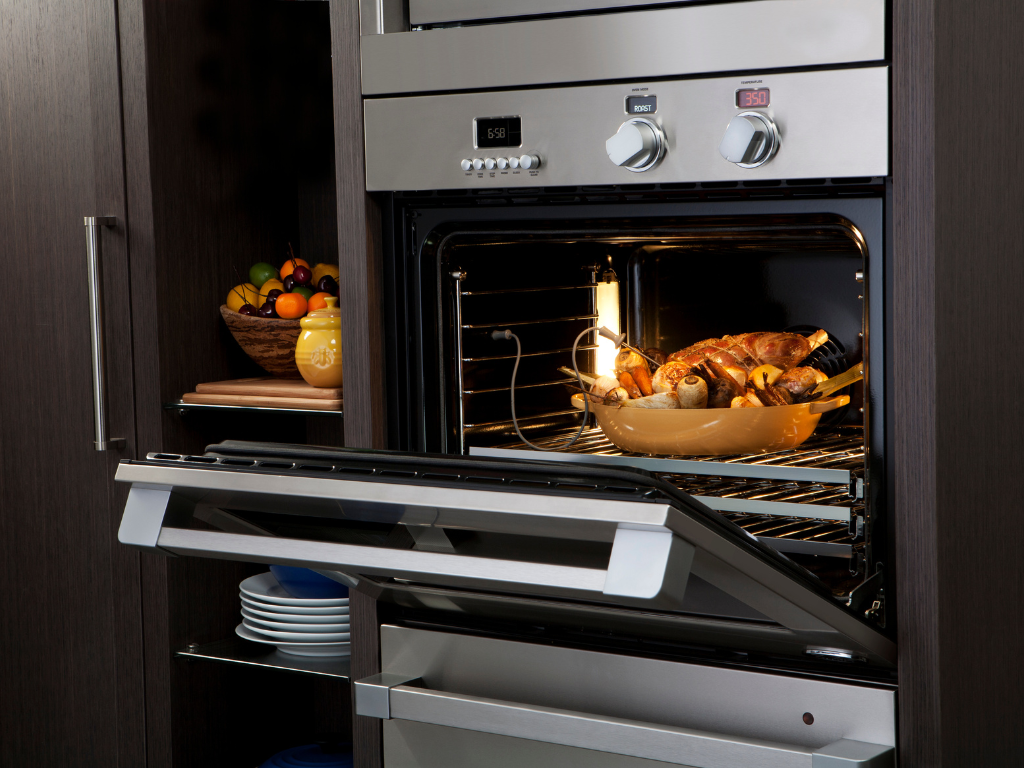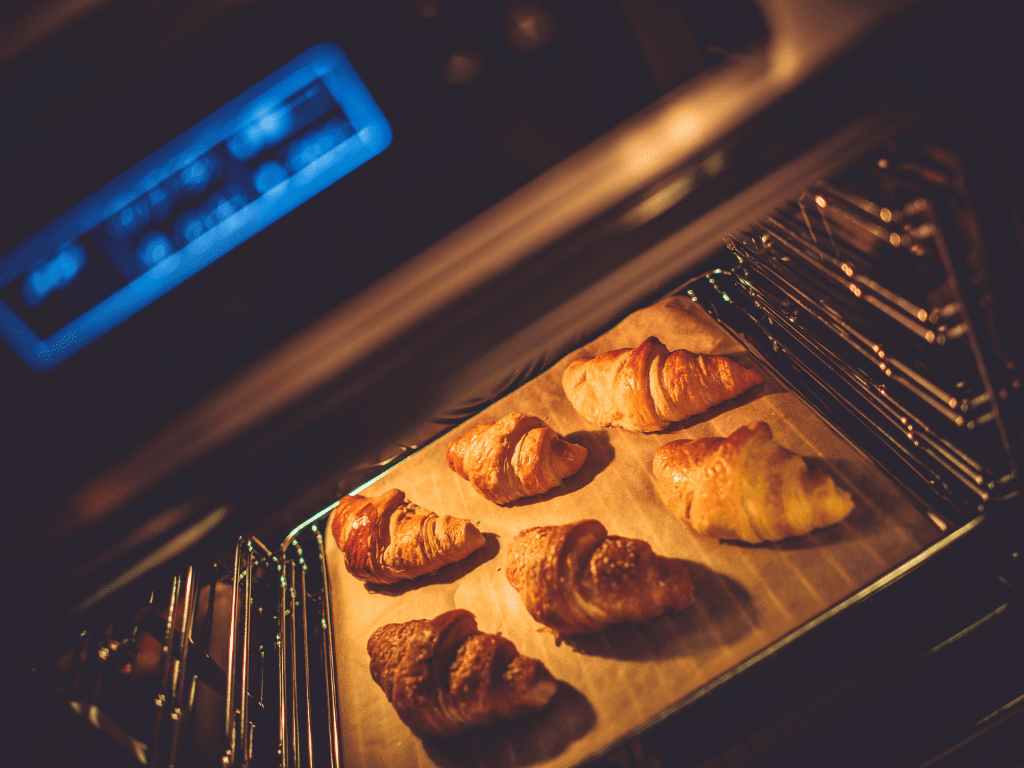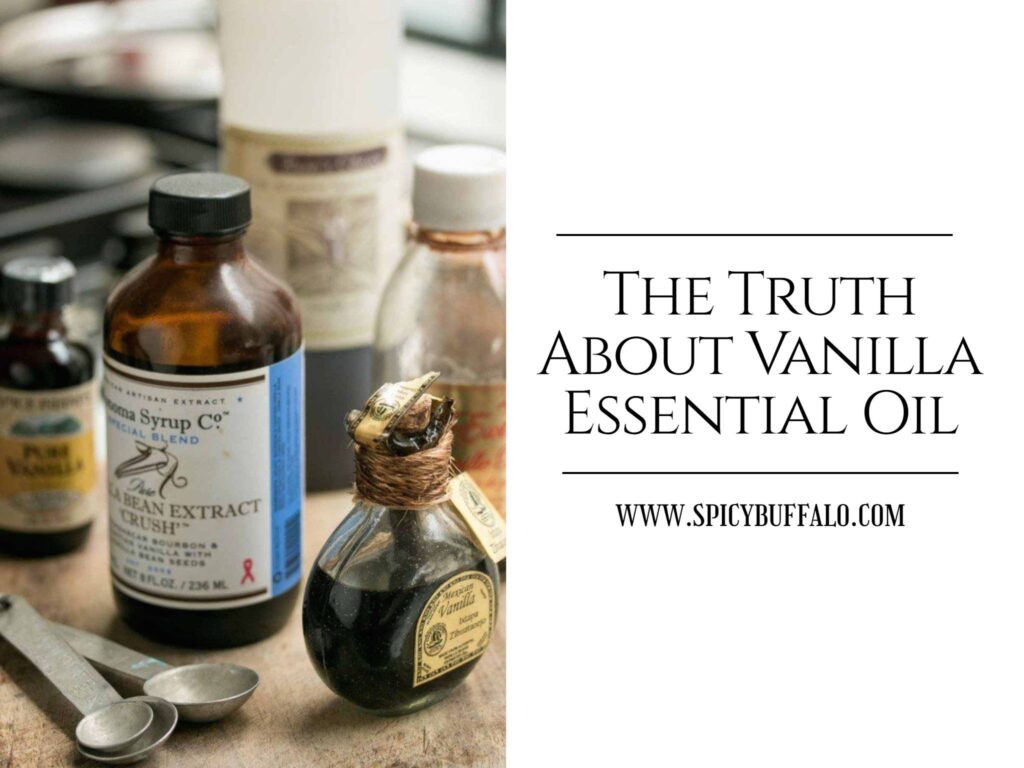
The truth about vanilla essential oil is that it’s one of the most popular and versatile products in the world. Whether you use it as a wellness product, for your home, or to relieve everyday aches and pains, chances are good you’ll find a use for this incredible natural medicine. This post explores what vanilla essential oil is and what its benefits are so you can decide if it’s right for you.
What Is Vanilla Essential Oil?
Vanilla essential oil is a natural product derived from vanilla beans. It’s not actually an essential oil, but rather a CO2 extract of the vanilla beans. As such it retains all of the properties of the bean, including its rich aroma and sweet taste. Vanilla oil also contains antibacterial properties that make it useful for relieving everyday aches and pains as well as for use in your home throughout winter.
Essential oils are distilled from the flowers, seeds, leaves, roots and bark of plants. They’re highly concentrated extracts of the parts of a plant that contain the most beneficial properties. Many types of essential oil are used for aromatherapy and wellness products. Some are also used in more common products such as soap or candles. Because they’re natural extracts, they have no known side effects, unlike many medications and other substances that you might use to treat your aches and pains or disinfect your home.
Benefits Of Vanilla Oil
Vanilla oil isn’t just popular for its sweet aroma. It also has many important health benefits, including the following:
Eases Headaches Vanilla essential oil helps clear your head and relieve a variety of headaches. It can alleviate sinus, tension and migraine headaches. Tones Skin Vanilla oil is known as one of the best oils for clearing acne, eliminating scars and blemishes, and brightening your complexion.
This is because it’s derived from actual vanilla beans rather than synthetic chemicals that are often used to create so-called face wash products. Naturally Scented Furniture Vanilla oil not only freshens your home when you use it on furniture but also acts as a natural deodorant that removes odors without filling your house with harmful chemicals. It’s also ideal for freshening clothing, sheets, and other items that can absorb odors and give your home a sour smell.
Natural Home Disinfectant The antibacterial properties found in vanilla oil make it a natural disinfectant. This makes it useful for cleaning out your fridge and other kitchen appliances as well as your bathroom and laundry room. It’s also ideal for clearing the air of dust particles, mold spores and other harmful contaminants.
How To Use Vanilla Oil
Vanilla oil is so versatile that you can use it in virtually any application that you might use products containing artificial ingredients. Here are some of the ways you can use it:
As a fragrance: Vanilla oil not only has a sweet and pleasing aroma but also has a long lasting scent. You can add it to your laundry or clothes drawers to freshen up your clothing. It’s also ideal for using in homemade soaps or for placing under mats at entrances of your home. Rubbing the diluted oil on your feet before bedtime is helpful for getting a good night’s sleep too.
As a beauty aid: Add vanilla oil to make-up removers, moisturizers and face washes for an all-natural way to keep acne, scars, blemishes and wrinkles at bay. Its skin-toning properties, combined with its pleasing aroma make it a favorite of many natural beauty enthusiasts. As a wellness product: Vanilla oil is ideal for easing morning sickness and headaches.
Rubbing diluted oil on your temples helps relieve stress and anxiety. It’s also useful for clearing sinuses, brightening your complexion and relieving colds, coughs and flu symptoms. As an air freshener: Add vanilla oil to car air-fresheners, plug-ins or homemade sprays to eliminate odors without filling your home with harmful chemicals. It’s also great for cleaning out pet beds or removing the odor of cigarettes from clothing or furniture.
Vanilla may be one of the most popular scents ever. It’s sweet, warm, complex and comforting. It’s versatile and blends well with a variety of other fragrance notes including sweet, spicy, floral and clean. Bramble Berry has more than 10 different vanilla-centric fragrance oils, including Vanilla Bean Fragrance Oil, Vanilla Vanilla Cybilla Fragrance Oil, Sandalwood Vanilla Fragrance Oil and Black Raspberry Vanilla Fragrance Oil.
With so many different fragrance oils featuring vanilla, you’re sure to find just the right blend for your project. But, you may be asking yourself, what about a vanilla essential oil? Can vanilla ever be natural?Good question!
The short and rather unfortunate answer is 100% pure vanilla essential oils do not exist. Vanilla fragrance is easy to create synthetically in a lab, but the nature of the vanilla bean does not allow for the distillation process which produces essential oils. Before you say, “Bu, bu, bu, I’ve seen it in the stores,” there is a way to extract scent from the vanilla bean, but it’s not considered an essential oil. Read on to find out the hows and the whys of vanilla absolute and extracts.
Based on the definition from the International Organization for Standardization, essential oils are defined as “a product obtained from a natural raw material of plant origin, by steam distillation, by mechanical processes from the epicarp of citrus fruits, or by dry distillation, after separation of the aqueous phase — if any — by physical processes.” Click here to read this statement, which is included in their vocabulary of aromatic natural raw materials (ISO/D1S9235.2).
There are several different kinds of essential oil distillation methods including (but not limited to) steam distillation, cold pressing and expeller pressing. The distillation method used depends on the type of plant material. For example, cold-pressed distillation is commonly used for peels and rinds to produce Grapefruit Essential Oil and Lemon Essential Oil.
Steam distillation is perhaps the most common form of extracting and creating essential oils. This is because steam distillation generally yields the largest amount of oil for most plants and maintains the integrity of the desired compounds.
The aromatic compounds of the vanilla bean cannot be attained by distillation. The only way to release the aromatic compounds of the vanilla bean and other delicate plants is to introduce a solvent. Aromatic, concentrated oils from plants derived by introduction of a solvent are referred to as an “absolute.” Common absolutes made from delicate plant matter include jasmine and rose absolute.
Absolutes are similar to essential oils. Both essential oils and absolutes are oils produced by plant matter. To produce an absolute, the plant material is placed into a drum and introduced to a solvent along with gentle heat. The solvent is then removed, which leaves behind a resin known as a concrète or resinoid.
This resin is then treated with alcohol to separate the aromatic compounds. An absolute is the most concentrated form of plant material, and may be thicker in consistency than an essential oil produced by distillation. Typically, absolutes are extremely pricey and often don’t make economical sense for soap products.
If you search for “Vanilla Essential Oil,” you will indeed find products labeled as such. Most commonly, this product is simply vanilla extract that has been diluted with a carrier oil, such as jojoba oil. These products may also be synthetic fragrance oils or an oil infusion. Vanilla extract found in the grocery store is very different than a vanilla essential oil or absolute. What makes them different is how they are produced.
Vanilla extract found in the grocery store is usually either synthetically produced with vanillin or is produced from vanilla beans extracted in alcohol. When shopping for vanilla extract, the price is usually the easiest way to differentiate between the two – imitation vanilla extract is cheap, while “real” vanilla extract can be quite expensive.
Because vanilla extract is made by extracting the vanilla flavor with alcohol, it is very different from an essential oil and should not be used in the same way. Vanilla extract should not be used in soap, as adding alcohol to soap can cause unpredictable and negative results. Plus, vanilla extract won’t leave any scent in your soap, making it a waste.
Like vanilla, there are many plants that do not allow for the distillation process. Consider a strawberry; while it is a plant, it will not produce an oil when distilled. Products claiming to be a “strawberry essential oil” may contain some strawberry material, but not 100% pure oil.
When purchasing essential oils, make sure they come from a reputable source. When shopping for essential oils, look for the distillation method, the country of origin and the botanical name. This information is crucial in determining if the product is in fact an essential oil. Contact the manufacturer of the oil if you have any doubts regarding its purity.
Can I replace vanilla extract with vanilla oil?
Absolutely! Vanilla oil can be used in all the same ways you would use vanilla extract. In most cases, you can replace vanilla extract with the same amount of vanilla oil. If you would like a stronger flavor, use about two-thirds of what the recipe calls for for vanilla extract.
How do I store my natural products?
When purchasing a new product or when product is delivered to your home, always make sure it is tightly sealed. Store in a cool and dry place at room temperature. Use within 1 year or before the expiration date printed on the label. For products made with essential oils or extracts, store these separately from other products that are not scented to ensure longevity and quality of your essential oils or extracts.
What is vanilla oil?
Vanilla Oil is an absolute, which is produced from vanilla beans and has a perfume-like scent. It is extracted using a solvent and then ready to use and does not need to be diluted in any way. These are generally more expensive than vanilla extract, but in some cases the result may be worth the extra money.
What is the difference between vanilla extract and vanilla absolute?
Vanilla Absolute is a resinoid that has been extracted from Mexican Vanilla Beans. The absolutes are made by extracting the absolute oil from very soft resins (coumarin). Vanilla Absolute Oil is one of the most concentrated form of natural absolutes available on the market today.
What is Vanilla Bean Absolute?
Go to top of this FAQ.
Vanilla – like all of our scented products – contain only 100% pure and natural oils. That’s right, no synthetic or imitation ingredients. Every one of our fragrances are carefully selected to ensure quality, purity and scent strength. Only high grade fragrance materials (which make up less than 25% of the final product) are used with all natural ingredients making up the balance of the product.
In 2007, there were almost 5 million vanilla farms in the world with Indonesia, Mexico and Madagascar being the largest producers in that order. In order to grow vanilla there are several conditions. It needs a certain temperature, an area with good drainage and the soil needs to be well drained.
The flowers grow in clusters each containing 5-6 individual flowers. The flowers develop into pods. Each pod contains up to 20 beans which are 1/4 inches long and 1/8 inch wide and weigh about 1/30 pound or 0.75 ounce per pod (1 bean). They are typically harvested at 6 months old (the first time they bloom) and most farmers will wait one year before harvesting again – sometimes longer depending on the climate.
Can I use vanilla flavoring instead of vanilla extract?
Even though both vanilla extract and vanilla flavoring appear similar, they are very different products. Vanilla extract is typically produced from vanilla beans. The beans are cured, dried and then submerged in alcohol and left for a period of time. This process draws out the natural vanilla flavor from the beans.
Vanilla flavoring is synthetic and contains no actual vanilla bean at all. Vanilla flavoring can contain several different ingredients, such as propylene glycol (found in automobile antifreeze) or ethyl vanillin (a synthetic version of natural vanilla). Vanilla flavoring is typically a substitute for baking rather than cooking – where it can pose more of a risk to your health (in medium-hot temperatures).
Which is better vanilla extract or vanilla flavoring?
You should always use vanilla extract, not flavoring. Vanilla extract is made from the actual vanilla bean – which is pure and natural. Vanilla flavoring contains artificial ingredients and is a substitute for baking rather than cooking (where it can pose more of a risk to your health).
There are many myths as to what an essential oil is. Many of the products being sold as “essential oils” contain little to no oil at all and are merely synthetic scents. Make sure you are getting 100% pure oils from a reputable company before using any essential oils in your home.

